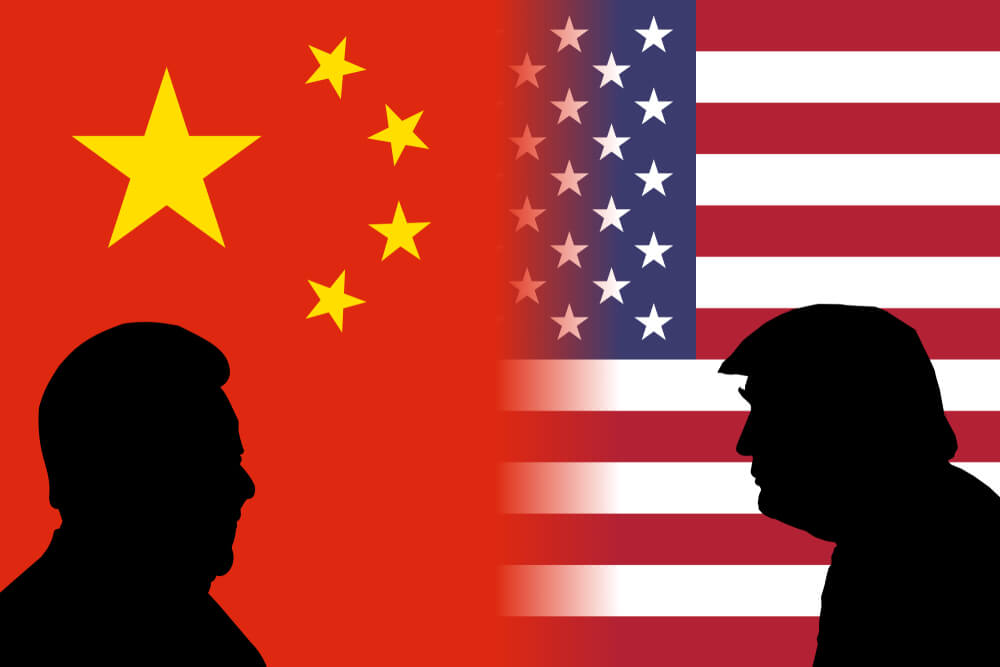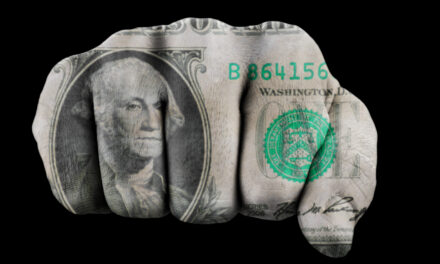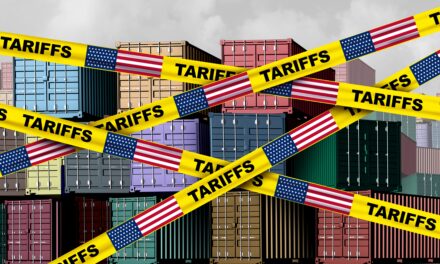President Donald Trump imposed tariffs to another $112 billion in Chinese imports Sept. 1 and plans to extend import taxes to everything China ships to the United States Dec. 15. The two countries are fighting over U.S. accusations that China steals technology, forces foreign firms to surrender trade secrets and subsidizes Chinese firms in a drive to become a technological powerhouse.
The Associated Press spoke with Myron Brilliant, the U.S. Chamber of Commerce’s head of international affairs and a veteran of U.S.-China negotiations. Answers are edited for clarity and length.
Q: What is the state of play in talks between the United States and China?
A: We have a president who rightly is trying to address the unfair trade practices that have been identified by previous administrations. But he is taking a completely different approach and using different tactics. We completely are aligned with the goal of trying to address intellectual property theft, forced technology transfer and the whole effort to reform China’s state-owned enterprise sector, particularly trying to eliminate subsidies and tax preferences.
Where we have differed with the Trump administration is the excessive use of tariffs … We consider the tariffs to be hit on our own economy.
Q: In early May, it looked like the United States and China were close to a deal. What happened?
A: (Chinese negotiator Vice Premier) Liu He was given a big rope to go out and negotiate. But he still has to go back and sell it to the boss, Chinese President Xi Jinping. And I think when he went back to do that there was some reticence … The Chinese (felt they) were being asked to make all these concessions without the U.S. agreeing to eliminate all the tariffs. I think Xi Jinping decided that the deal was too one sided, which was unfortunate as we were close.
Q: Can the two sides reach an agreement or will the Chinese stall in hopes of dealing with another president after 2020?
A: The trust deficit is quite high right now. So they need to build confidence. One way to do that is if China agreed to agricultural purchases from the United States as a down payment on what needs to be eventually a larger deal that would protect intellectual property, scale back forced tech transfers and subsidies to state-owned Chinese companies.
I think Xi Jinping wants a deal. The question is whether they will wait out the U.S. election cycle because they think they will get a better deal later. I think it would be a huge mistake. Regardless whether President Trump wins or a Democrat wins, they’re going to face the same barrage of issues.
Sixteen months from now, it’s not going to get any easier … In fact, it might be a lot harder.
© The Associated Press. All rights reserved.




